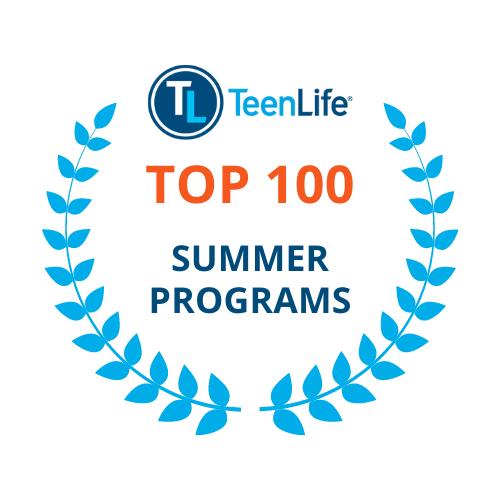Experience real-world science working hands-on in a biotech research laboratory with professional industry scientists.
Learn advanced lab skills that are not taught in school or college.
Pursue your own research in our community lab.
Gain valuable insights into bioscience careers.
PATHWAYS TO STEM CELL SCIENCE is a unique non-profit biotech research organization located in Los Angeles California.
We provide:
- Real-world bioscience education programs that are taught hands-on in a biotech research facility by experienced industry scientists.
- Advanced training in essential and broadly applicable lab skills.
- Bioscience education for students of all ages from kindergarten to college.
- A rare opportunity to work with authentic scientific research models (i.e., stem cells, mouse tissues, cancer cells etc.)
- Small class sizes with a 6:1 student to instructor ratio.
- Research training.
- A community wet lab for students to complete their own biology and biotechnology research projects.
-Exposure to real-world biotech science.
-Skills and experiences that cannot be gained in school or college.
-Career education.
- Information resources to help students research STEM professions and develop viable career plans based on their real-world interests and aptitudes.
-Professional science mentors who are also exceptional teachers.
-Preparation for advanced science education, workplace internships, independent (science fair) research, and future STEM careers.
- Certificate of completion.
Pathways to Stem Cell Science is the only organization in the world offering authentic wet lab programs and experiential learning for students of every grade level.
Our education programs were originally developed at the University of Southern California and have been offered by accredited institutions throughout California.
Since 2009, we've helped thousands of students overcome the skills gap created by deficincies in school and college education.
Our students gain the professional skills, confidence, and passion to thrive in advanced STEM education and real-world environments.
Our Hands-on Education Programs
We’ve developed an innovative pipeline of real-world bioscience programs for all ages and skill levels.
MIDDLE SCHOOL PROGRAMS
1. Intro to Cell biology
During Intro to Cell Biology, participants learn essential cell biology concepts from a real-world perspective studying the structure, function, and properties of mammalian breast cancer cells.
2. Stem Cells and Biotechnology
During Stem Cells and Biotechnology, participants learn how biotechnology companies engineer cells and develop industrial bioprocesses to make medicines (insulin) and food (lab grown meat).
3. Stem Cell Research Program
During the Stem Cell Research Program, participants learn to plan implement, analyze, and present a research experiment focusing on the fascinating question of whether comic book superpowers are biologically feasible.
HIGH SCHOOL PROGRAMS
1. Methods in Stem Cell Engineering
During Methods in Stem Cell Engineering, participants learn how researchers study the function of cancer-causing genes using RNAi to silence their expression.
2. Intro to Stem Cell Systems
During Intro to Stem Cell Systems, participants learn essential concepts in stem cell science through hands-on classes that explore the biological properties of cancer, pluripotent and neural stem cells.
3. Molecular Stem Cell Biology
During the Molecular Stem Cell Biology Program, participants learn to clone a human gene, construct an expression plasmid, create a fluorescent fusion protein, and engineer human stem cells using modern techniques that are not taught in school or college.
4. Regenerative Medicine and Disease Modeling
During the Regenerative Medicine and Disease Modeling Program, participants learn how researchers create models for heart disease research by reprogramming patient skin cells to induced pluripotent stem cells which they convert to heart cells that beat in the culture dish. They also gain independent research experience planning and implementing their own disease modeling experiment.
COLLEGE PROGRAMS
1. Essential Cell Culture Techniques
During Essential Cell Culture Techniques, participants gained comprehensive industry standard training in validated methods for isolating, culturing, and characterizing a variety of mammalian cell types.
2. Advanced Stem Cell Techniques
During Advanced Stem Cell Techniques, participants gained comprehensive industry standard training in validated methods for isolating, culturing, and characterizing three types of human stem cells – Neural stem cells, mesenchymal stem cells and induced pluripotent stem cells.
Course Schedules
Our programs run throughout the year from January to December, after school and during school vacations. We can also schedule courses outside of scheduled training times for groups of 5 or more students.
Admissions
We accept any eligible domestic or international student on a first-come-first-served basis up to the posted deadline. Scholarships and tuition subsidies may be available for low-income students, subject to funding availability.

